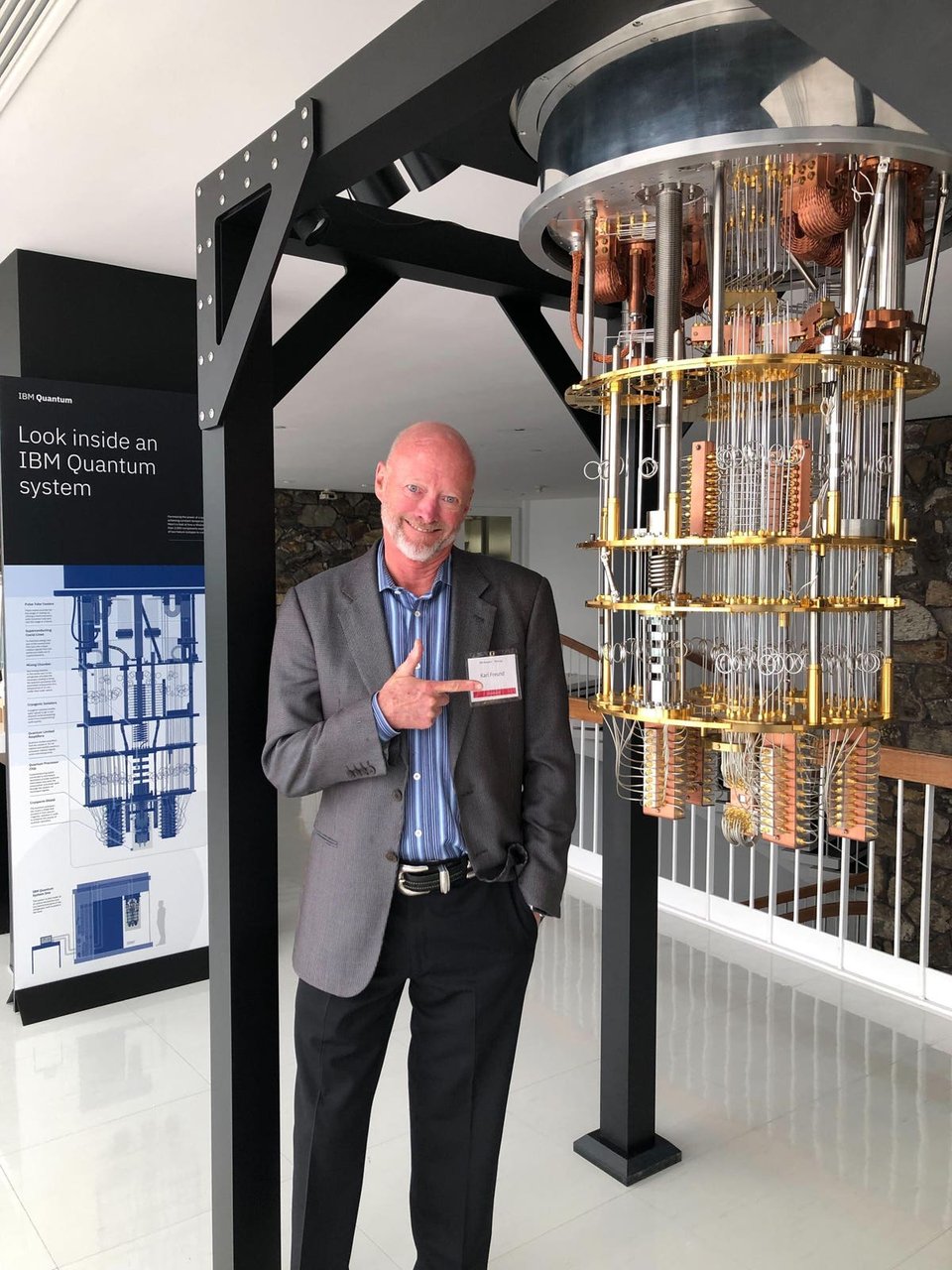
In quantum computing, quantum supremacy or quantum advantage is the goal of demonstrating that a programmable quantum device can solve a problem that no classical computer can solve in any feasible amount of time (irrespective of the usefulness of the problem). Conceptually, quantum supremacy involves both the engineering task of building a powerful quantum computer and the computational-complexity-theoretic task of finding a problem that can be solved by that quantum computer and has a superpolynomial speedup over the best known or possible classical algorithm for that task. The term was coined by John Preskill in 2012, but the concept of a quantum computational advantage, specifically for simulating quantum systems, dates back to Yuri Manin's (1980) and Richard Feynman's (1981) proposals of quantum computing. Examples of proposals to demonstrate quantum supremacy include the boson sampling proposal of Aaronson and Arkhipov, D-Wave's specialized frustrated cluster loop problems, and sampling the output of random quantum circuits. A notable property of quantum supremacy is that it can be feasibly achieved by near-term quantum computers, since it does not require a quantum computer to perform any useful task or use high-quality quantum error correction, both of which are long-term goals. Consequently, researchers view quantum supremacy as primarily a scientific goal, with relatively little immediate bearing on the future commercial viability of quantum computing. Due to unpredictable possible improvements in classical computers and algorithms, quantum supremacy may be temporary or unstable, placing possible achievements under significant scrutiny. From Wikipedia
